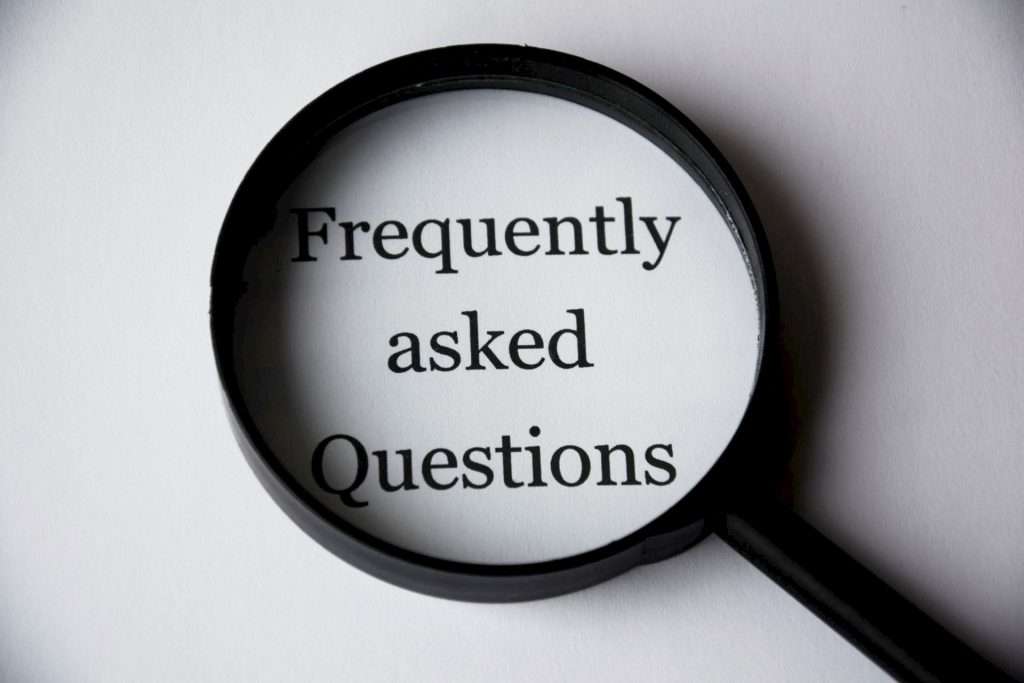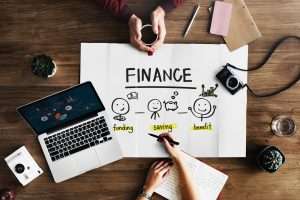

Investing in new equipment can be expensive for SMEs and startup companies. But there are numerous business finance solutions available to business owners for funding vital assets. One of those options available is leasing.
Leasing has numerous benefits for businesses, but not everybody knows how helpful it can be. In our recent survey, only 16% of businesses said that they have leased business equipment through finance, despite it overcoming many of their concerns around keeping up to date with market innovations and the cost of maintaining equipment. We have compiled together everything you need to know about equipment leasing and why it can be an ideal financial solution for your business.
What is Equipment Leasing?
An equipment lease is an extended rental agreement under which the equipment may be used and operated by the lessee from the lessor for periodic payments. Essentially, it involves renting equipment for a fee. At the end of the lease agreement, you may continue leasing the equipment and continue making payments, upgrade the equipment and get new technology into your business or return the equipment, depending upon the type of agreement in place.
Types of Equipment Leasing
There are various leasing options available to SMEs. The three types of leasing that we’ll explore further here are contract hire agreement, hire purchase and finance lease.
Contract hire agreement
A contract hire agreement allows a company to pay for, and use, an asset for a specific period without owning it – this is a bit like renting equipment. Usually, the lease period set up is shorter than the expected economic life of the items. Once the agreement expires, the equipment is then returned to the owner who has the option to resell if they so wish.
While an outright purchase of an item must be listed as capital, leasing equipment through a contract hire agreement does not need to be – instead, it is counted as a rental expense. This has two specific advantages:
- Equipment is not recorded as an asset or a liability of the business.
- You can still claim tax incentives on leased equipment
Hire purchase
A hire purchase agreement provides businesses with the option to spread equipment purchase payments over a period of time. The difference between a finance lease and a contract hire agreement is that, at the end of the agreement, the payments made count towards the equipment purchase.
Finance lease
A finance lease is popular for businesses who require equipment or assets but want to avoid the risks that come with purchasing up front. With a finance lease, the lender will pay full price for the equipment/assets on your behalf which means your supplier gets paid up front whilst you have the flexibility of being able to pay for the equipment on a monthly, or otherwise agreed, basis. The assets will remain the property of the lender however you are able to use them as if they were yours.
Benefits of Equipment Leasing
You can lease pretty much anything
If you need it, chances are you can lease it. It comes as a surprise to many business owners what is available to lease – the catering equipment in use when you visit a restaurant, the treadmill you run on and the weights you lift at the gym, the IT equipment used in an office, and much more besides.
Whether you need a fleet of vehicles, security equipment or computers, there are no bounds to the assets available for lease. This equipment can be expensive, so choosing to lease gives businesses a chance to access items that may otherwise put a strain on their cash flow.
Instant access to equipment
Due to the expense involved, you may have to increase revenue and profits in order to buy new, innovative equipment or cut back in other areas. If you lease equipment, however, it could be delivered and ready to use within days, while also giving you access to a higher standard of equipment without a heavy strain on your business finances.
Keeps your budget under control
With fixed monthly payments or other options – such as repayments tied to your business’ seasonality – leasing can be beneficial for future budgeting. If you understand what expenses will likely go out of the business in the future, it can help to support in managing your cash flow – crucial in any business succeeding.
Leasing and repairs
You may find that your equipment lease comes with a clause that includes the finance company paying for any repairs and spare parts. Contract hire is an example of this, which is often used to lease vehicles. As you have agreed the value of the equipment upon creating the contract, there is an added incentive for the lessor to provide maintenance costs in order to ensure the item holds its value.
Allows you to explore other finance options for the business
With your lease in place on assets your business needs, you could look for financial support to help with other areas in the business. A lease differs from a business loan, so you could be able to borrow money for another purpose, such as new premises or interior upgrades, while leasing your equipment.
Equipment isn’t listed as a fixed asset
When leasing equipment, you don’t own the asset, so it doesn’t appear on the balance sheet. You will have to weigh up whether this is good for your business. As a positive, it is tax efficient, but conversely a lack of fixed assets won’t help you in securing business finance in the future.
Suitable for all businesses
Leasing equipment is a great way for small businesses and startups to gain the tools they need to kick start their business. You will need to be VAT registered and new businesses will need to provide a lender with a credible personal guarantee. Once the business becomes established, you may take ownership of these assets.
Is Leasing Right For Your Business?
It usually is. Unless you know that your business has enough cash reserves to purchase equipment and it can absorb the costs around asset depreciation, then leasing may be the solution for you. In a competitive market, leasing new and upgraded equipment can be the difference in standing out from your competitors.
If you would like more information on how leasing could benefit your business, contact asset finance company Shire Leasing, who can help find the right solution for your business goals.




